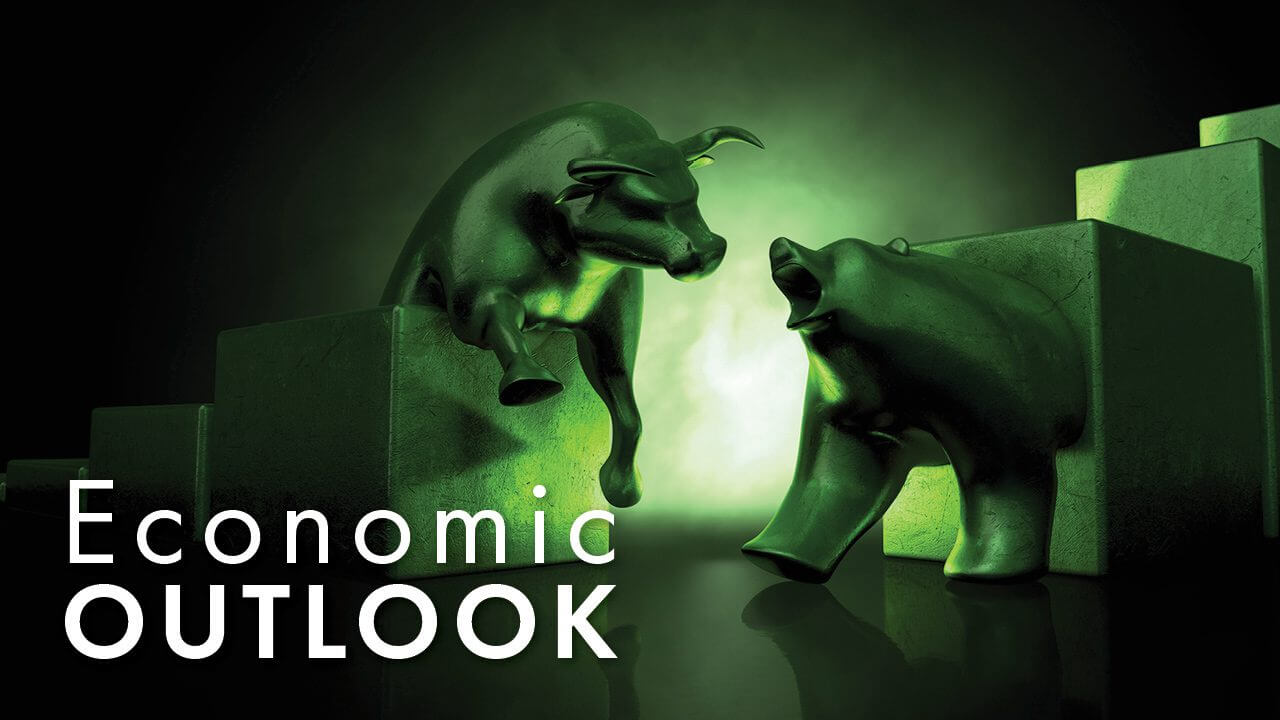Inflation has been the story of 2023. Over the course of the past year, we have seen an economy that had inflation above 7%, interest rates rise to a level not seen in 20 years, and a stock market that seemed to trade in an unpredictable manner. However, the Fed has paused rate increases and indicated at their last meeting that it may be time to begin cutting. It will be interesting to see what this entails for 2024.
The December employment report added 199,000 seasonally adjusted jobs. This moved the unemployment rate from 3.9% to 3.7%. Wage growth over this same period indicated that hourly workers earned 4% more than they did the previous year.
Data like this indicates the job market remains strong in light of the 525 basis points of increases the economy has been forced to absorb over the past 20 months. With rates holding steady after the December Fed Meeting, treasuries have begun to fall while equities have posted strong gains. Another indicator that rate cuts may soon begin.
There are two primary reasons rates will most likely be going down over the coming months. The first reason is that despite a resilient labor market, job growth is much slower than it has been. The economy is adding far fewer jobs than it was just one year ago. The rate increases have had a drag on the economy.
The second reason is that the job market doesn’t appear to be the cause of the inflation we have experienced. Typically, inflation is equal to worker pay increases minus worker productivity. Labor Department figures have shown that worker productivity is up 2.4% in the 3rd quarter of this year while earnings grew at 4% during the same period. This points to the Fed target of 2% inflation.
Inflation has cooled and appears to be cooling further. Current numbers show inflationary growth at 2.4% annually. In addition to slower growth in consumer goods, rent rates are beginning to flatten as well as real estate prices. All of these are good signs that inflation has been tamed.
But, if these trends continue, the recession the Fed has tried so hard to avoid could manifest over the coming months. It is this possibility that will drive policy makers to lower rates.
